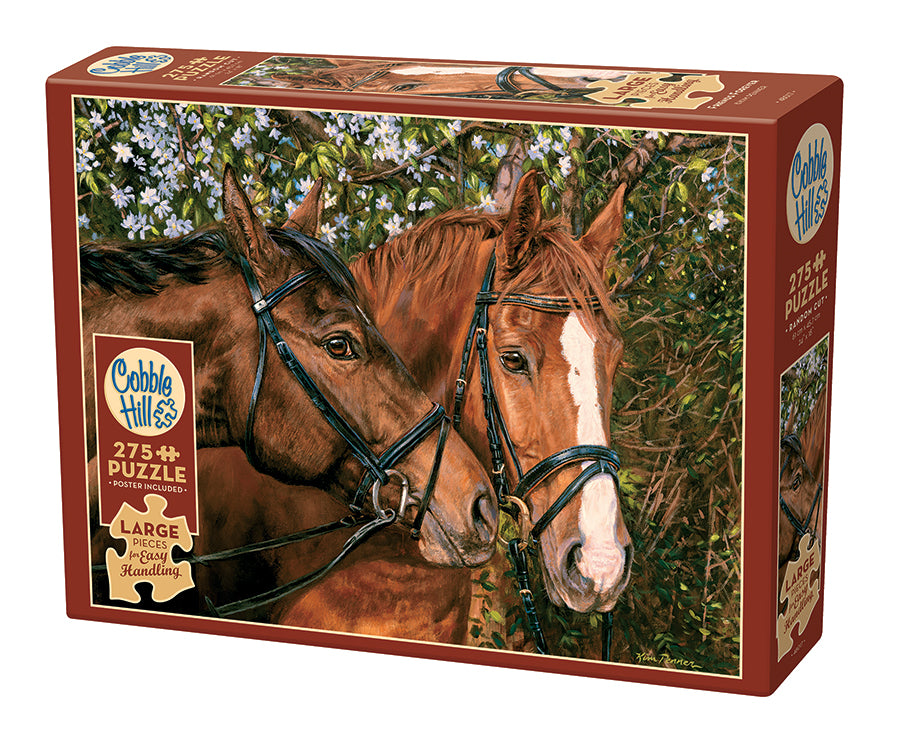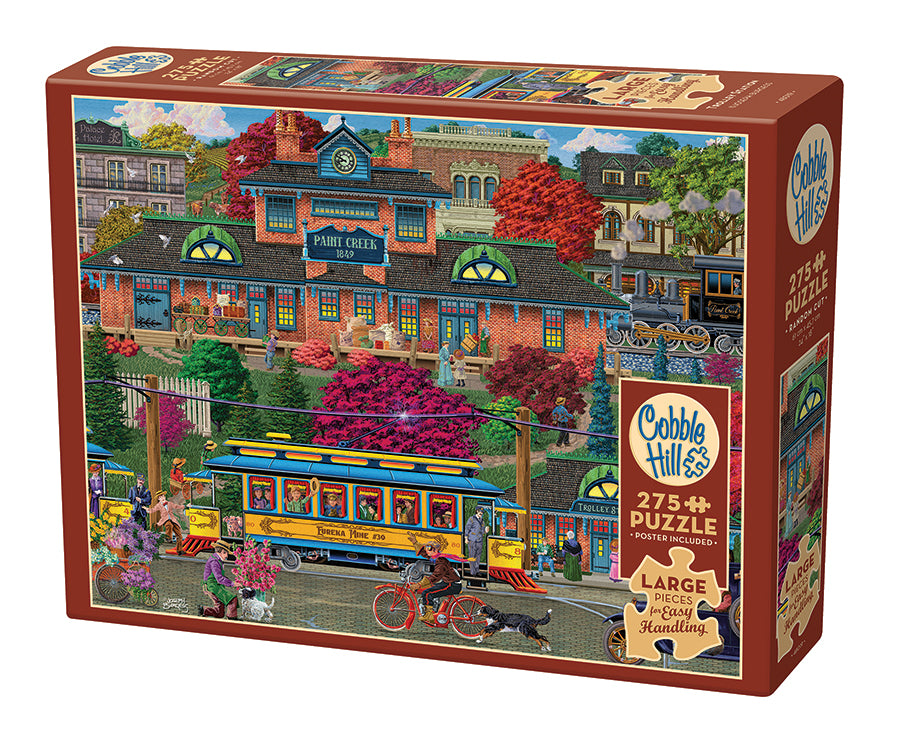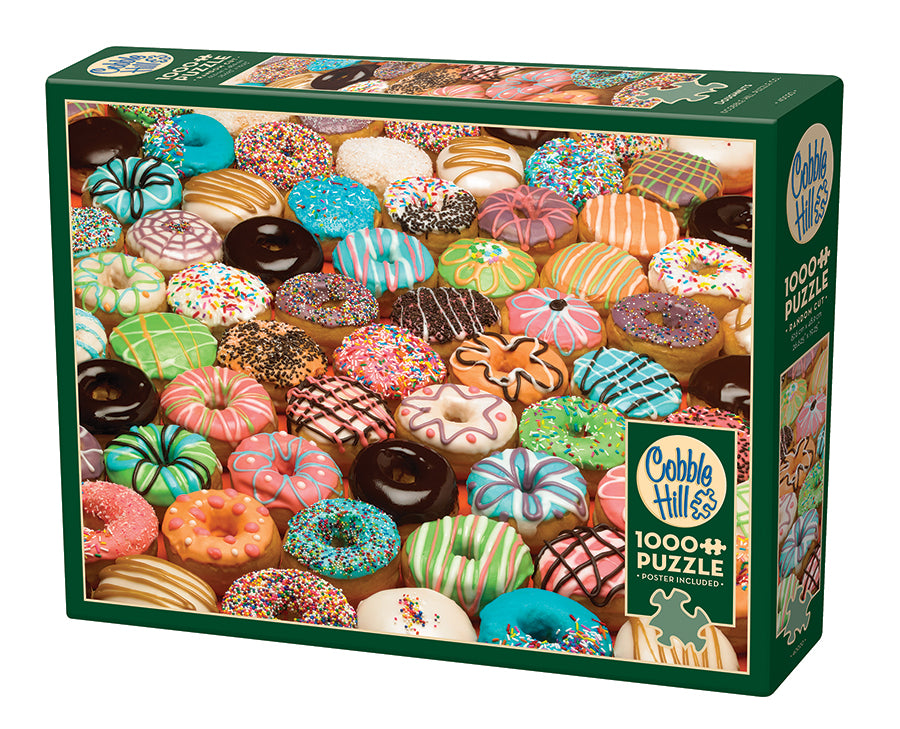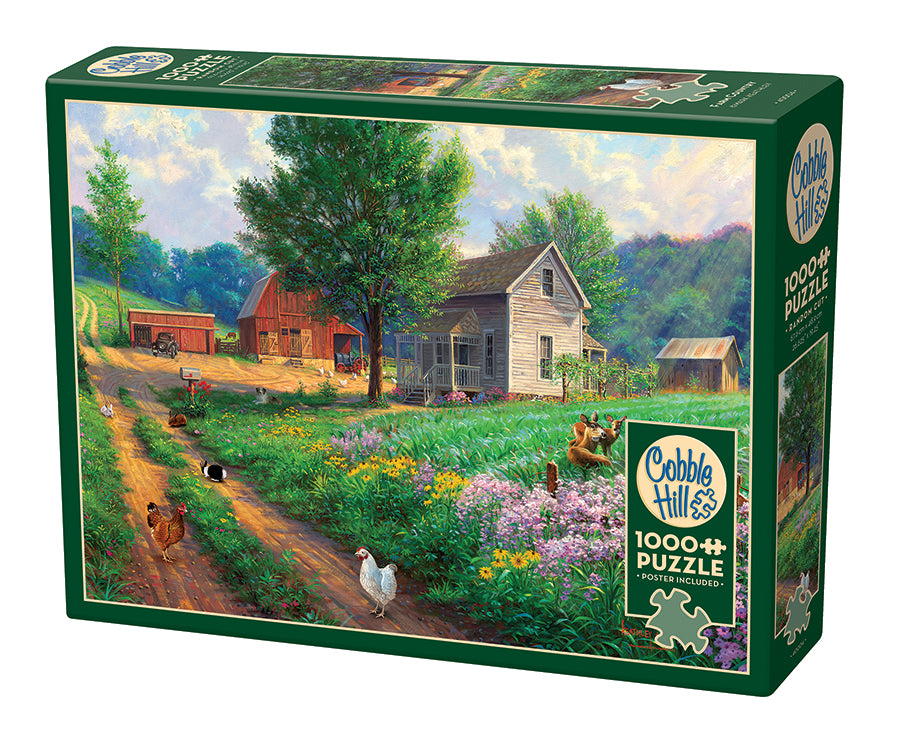
Puzzles For Dementia Patients
Engaging in puzzle-solving activities can be helpful in stimulating and exercising the brain. The goal is to maintain cognitive function and slow down cognitive decline. Puzzles require attention, concentration and problem solving skills which when completed can boost an individual's self-esteem and confidence.
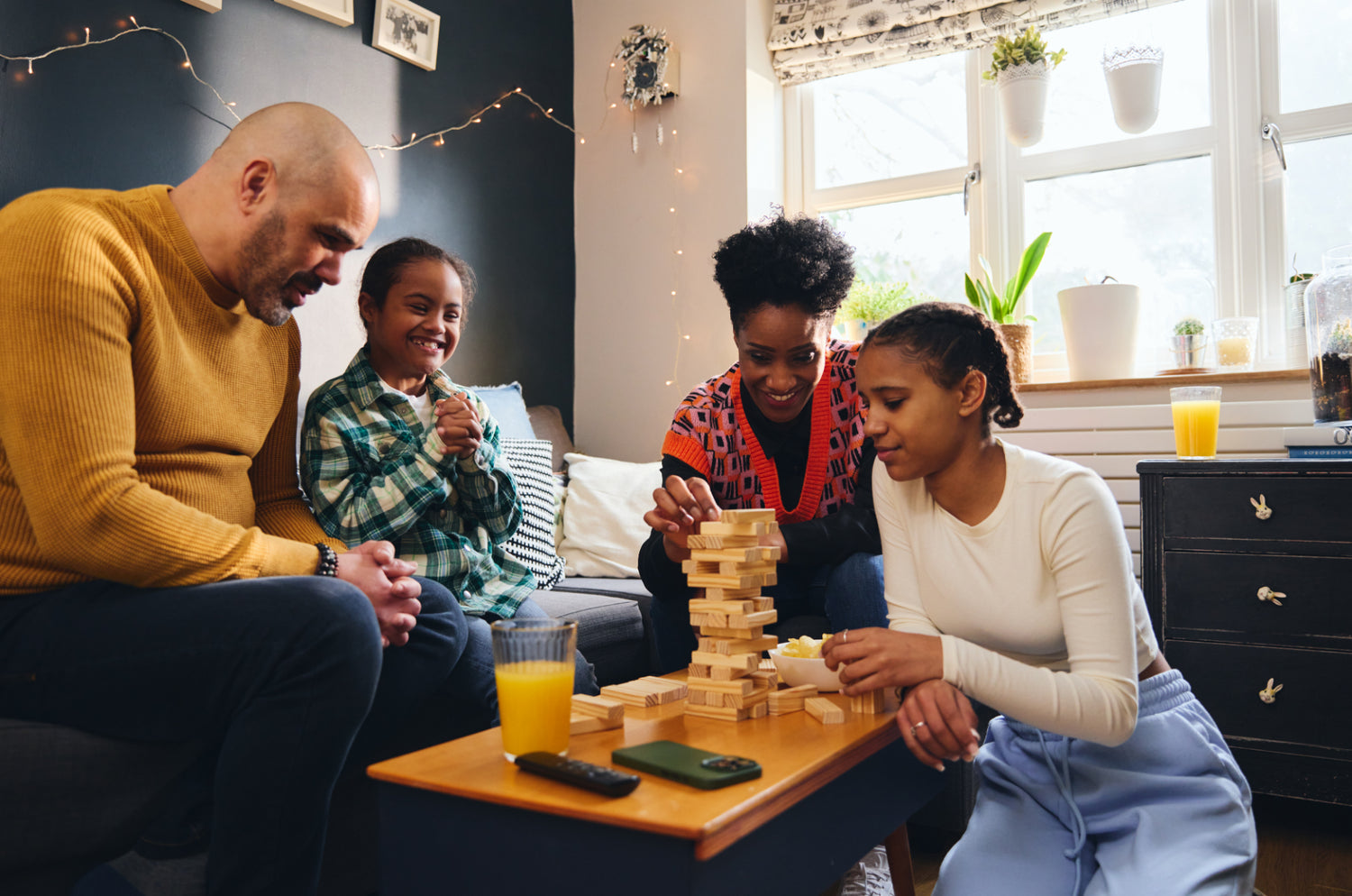
The Benefits of Puzzles For the Elderly
Puzzles have many benefits for the elderly. Working on a jigsaw puzzle can help improve cognitive function and slow down cognitive decline. It can also increase socialization and enhance visual and spatial skills. Completing a puzzle can help an individual's self-esteem and confidence and can be helpful in promoting a more positive emotional state. You can explore dementia puzzel collections and other dementia products at our Alzheimer's store.
Choose Our Dementia Puzzles
-
35 Piece Tray Puzzle (Turtle / Horse/ Owl themed puzzles)
Large Pieces for Easy Handling.
Each Tray Puzzle has a picture for where each puzzle piece should be placed on the tray for easy assembly.
Regular price $12.99Regular priceUnit price per -
275 Piece Easy Handle Puzzle (Horses / Trolley Station / Springtime)
Large Pieces for Easy Handling.
Regular price $21.99Regular priceUnit price per -
1000 Piece Puzzle (Donuts / Farm Country / Bears)
Regular price $24.99Regular priceUnit price per
FAQs
Your Questions Answered
What kind of puzzles are good for dementia patients?
Large pieced Jigsaw Puzzles, geometric shapes, word search, Sudoku and crosswords puzzles are a great brain boost. Geometrics shaped puzzles can be helpful with spatial skills and problem solving. Word Search and large print crosswords can be helpful for language stimulation and memory recall. Each can be relaxing and enjoyable.
What is the best puzzle for early dementia?
Large piece Jigsaw Puzzles that are easy to handle and fit together are great for people in the early stages of dementia. Try puzzles with bright familiar and recognizable images such as nature scenes or animals that the individual can relate to or recognize. When finished, it can provide a sense of achievement.
Why are puzzles good for dementia?
Puzzles are beneficial for individuals with dementia for many reasons. They provide cognitive stimulation, can help improve short-term memory, reduce stress and anxiety levels and boost self-confidence when the individual successfully completes the task. Puzzles are a fun and interactive way to promote cognitive and emotional well-being.
Do puzzles help with memory loss?
Puzzles can be helpful in stimulating cognitive functions. Engaging in meaningful puzzle activities can help improve memory, however, it is important to note that while puzzles support memory and cognitive function, they are not a cure for memory loss. Participation in puzzle activities can potentially slow down memory decline.
How do puzzles help the elderly?
Puzzles can be beneficial for the elderly because they can offer a wide range of physical, cognitive, emotional and social activity. Puzzles can help promote memory, attention to detail, problem solving and spatial awareness. Working on puzzles can help keep the mind sharp and active, and encourages social engagement.
How do puzzles help cognitive development in the elderly?
Engaging in mentally challenging activities such as puzzles can help maintain brain health and can potentially reduce the risk of cognitive decline. Puzzles such as word search and crossword puzzles help stimulate language skills, vocabulary and verbal reasoning. Puzzles can also help sharpen problem-solving ability and help improve motor skills.


